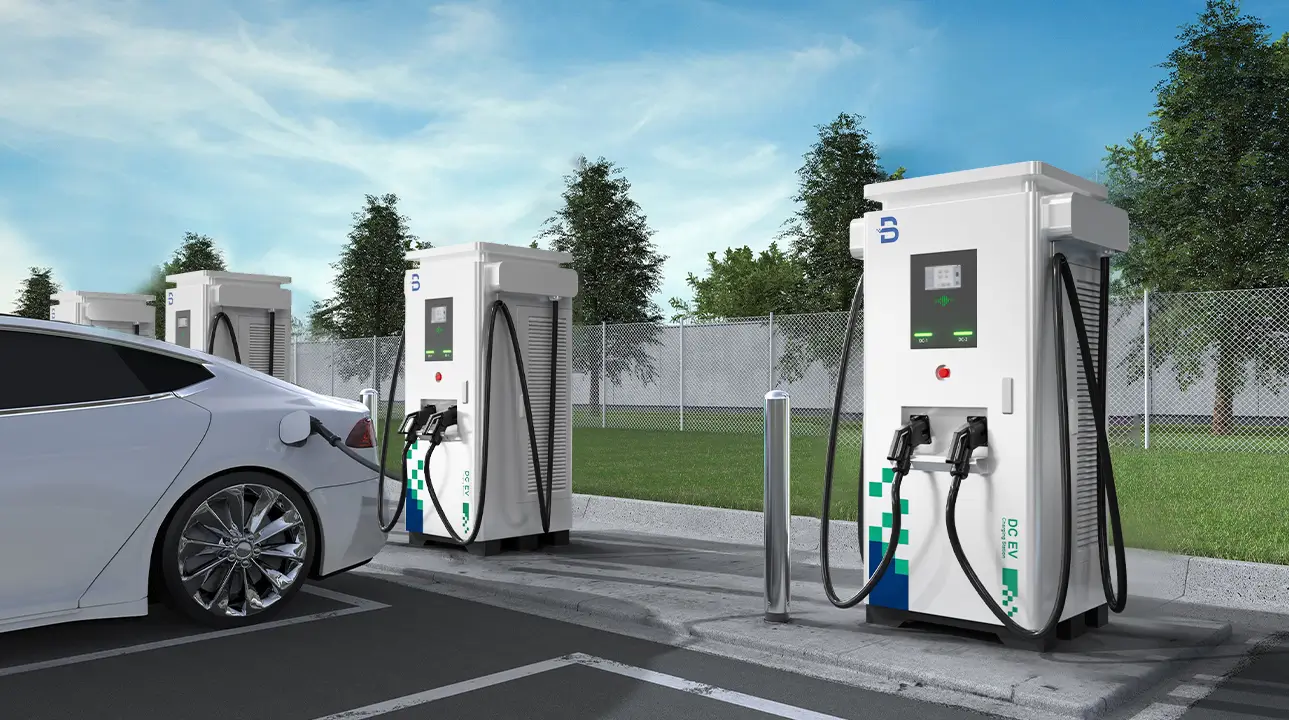While you left your car parked for long stretches during the coronavirus lockdown, it might have had some unwelcome visitors: rats, mice, squirrels or even possums. These critters like building nests in cozy, dark, dry places and enjoy munching on the insulation of your engine’s wiring system, resulting in expensive repairs.
But furry trespassers are only one of several problems you might discover when you try to fire up Old Faithful for the first time in months, from dead batteries and flat tires to contaminated fluids and stale gasoline. Here are five common troubles and how to deal with them.
Evict any critters
If you suspect you might have squatters, open the hood and look for animal droppings, tracks or debris from nest-building, says Duane Sayaloune, a master automotive technician with YourMechanic.com, a mobile service performing repairs and maintenance. If you see that the wiring insulation has been eaten away, it could cause an electrical short that will stop the car from running. Sayaloune says a mechanic should replace the wiring and search for other damage that could be out of sight and hard to reach — like nests in the air or cabin filter.
Automotive forums are filled with ways to prevent animal damage, including a special electrical tape made by Honda with a spicy flavor that deters animals. One user confessed, “OK, I admit it. I did chew a piece. If I were a rat, I might have stopped chewing after a while to go get a drink.”
Get a charge
All the lights, bells and whistles on cars these days can drain a car battery if it isn’t driven regularly. If your car engine cranks slowly when you try to start it, or the lights dim, you should have the battery and the electrical system tested, says David Rich, technical director for CarMD, which provides information and products to diagnose car troubles. Most automotive oil change chains will do a “courtesy inspection” of the battery and electrical system to see if it’s holding a charge.
If you change the battery yourself, you could lose the codes for the radio and other settings stored in your car computer’s memory. A mechanic will know how to keep the information active while a new battery is installed. AAA offers a mobile service to members that includes inspection and, if necessary, replacement of your battery.
Embrace inflation
Car tires will lose pressure over time and also develop flat spots from the weight of the car resting on the same area. “If you haven’t driven the car in a long time, you could even hear a bump, bump, bump” the first time you drive it, Rich says. In extreme cases, tires can dry out and stress cracks can develop in the rubber around the flat spots, according to Sayaloune. Perform a visual inspection and consider replacing such tires.
Many modern cars have tire pressure monitoring systems to alert you to low inflation levels. If your car is older, buying an inexpensive tire gauge and checking the pressure yourself is easy to do, Rich says. Look at the placard in the driver’s side door jamb to see what your tire pressure should be and fill it up for free at most gas stations.
Stay fluid
If a car is driven regularly, the fluids, such as oil, coolant and brake fluid, circulate and keep the various systems performing properly. Oil washing against rubber seals and gaskets inside the engine will keep them from drying out. Before you start commuting again, look under the car to see if there are any puddles forming from fluid leaks, Rich says.
Consider having the car inspected to check fluid levels and to see if the hoses and belts are worn, cracked or need replacing. Sayaloune says you should be charged for only about an hour’s worth of labor, which ranges from $47 to $215, according to AAA.
Refuel and refresh
Over time, gasoline loses its ability to properly ignite. If you have an older car and it’s been sitting in cold and wet conditions, moisture could even form in the gas tank, making it hard to start or causing the car to run roughly. Rich says the fuel system in modern cars is well-sealed so this shouldn’t be a problem. There are additives to absorb moisture or to clean the fuel system, such as fuel injector cleaners, but he recommends reading the instructions carefully and being cautious about their use. Perhaps all you need to do is fill up with fresh gasoline and get the car up to operating temperature to burn out any contaminants, Sayaloune says.
And finally…
A few quick phone calls could reward you with smoother travels.
- Check with your car’s manufacturer to see if it has extended your warranty as a courtesy during the pandemic.
- If you’re leasing your car, Rich says to check with the finance company to see if the residual value has been adjusted to help customers who haven’t driven as many miles as they paid for.
- Call your insurance company to ask about a refund for driving fewer miles and make sure your current mileage allowance is accurate.
- Make sure your roadside assistance program is still current for peace of mind as you hit the road.
More From NerdWallet
Philip Reed writes for NerdWallet. Email: [email protected]. Twitter: @AutoReed.
The article Rats! Handling Pests and Other Car Woes as We Resume Driving originally appeared on NerdWallet.
The views and opinions expressed herein are the views and opinions of the author and do not necessarily reflect those of Nasdaq, Inc.





More Stories
Moon | Cartype
Rivian, Mercedes-Benz Joint Venture Paused
We Blew Up Our $5000 Drag Car ~ Can We Getting Fixed In Time? – Humble Mechanic